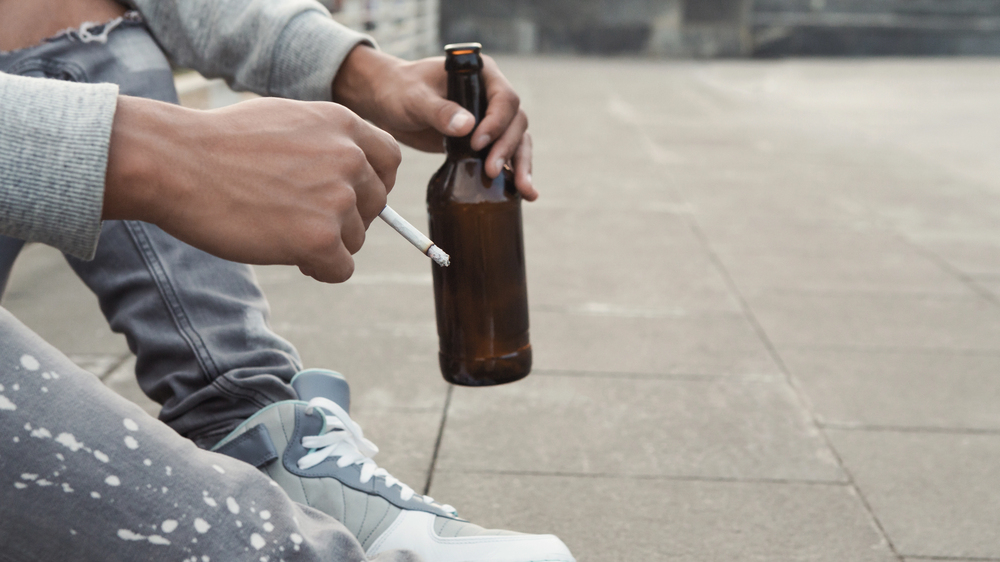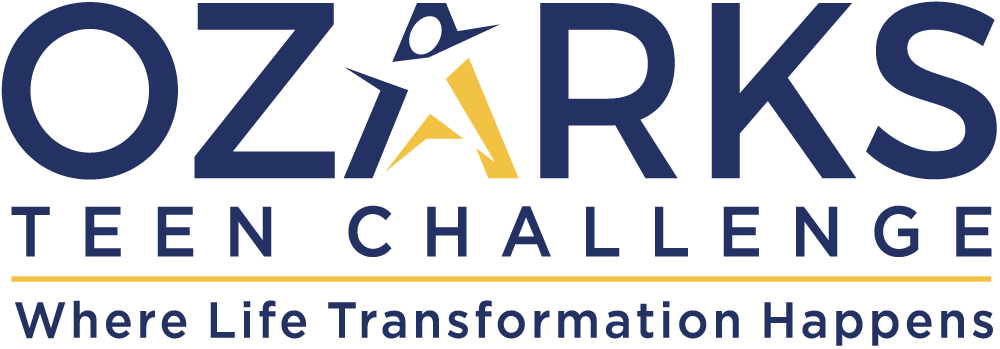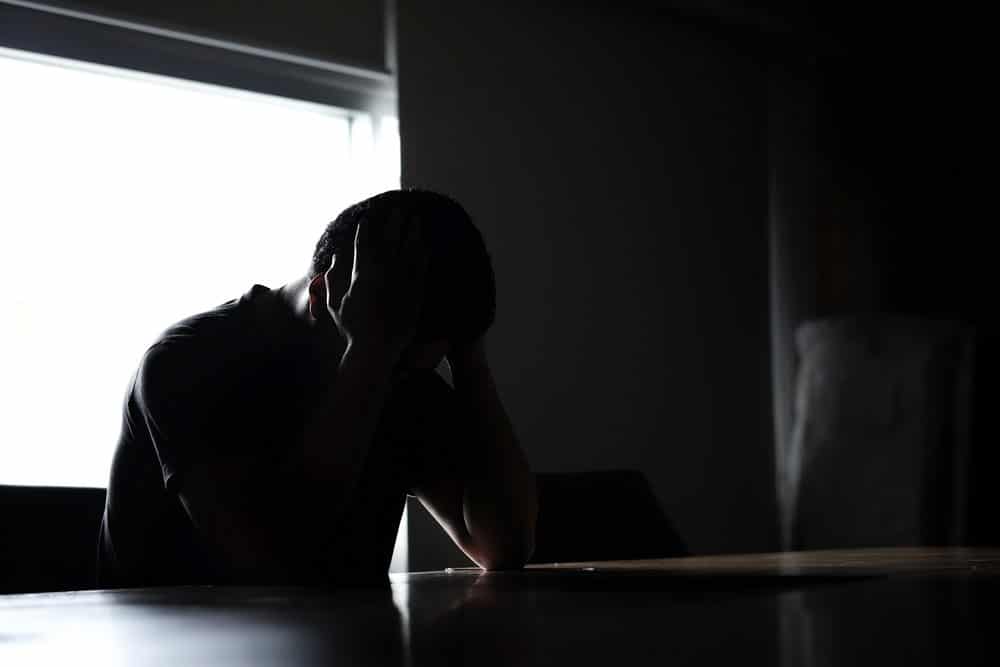As a parent, nothing is more distressing than seeing your teen struggle with emotions they can’t explain or control.
Teen depression is a growing concern and can leave parents feeling helpless and overwhelmed. But understanding the symptoms and causes of depression can empower you to take action, provide support, and seek help for your child.
In this guide, we’ll explore the symptoms of teen depression, its causes, and how it intertwines with other challenges like addiction. We’ll also provide guidance on how parents can help their teens heal and thrive.

What Is Teen Depression?
Teen depression is more than just sadness or mood swings; it’s a serious mental health condition that can affect how your teen thinks, feels, and behaves.
Unlike occasional sadness, clinical depression persists for weeks, months, or even longer, interfering with daily life and activities.
Teens may experience various forms of depression:
- Clinical Depression: A constant state of sadness or hopelessness that affects their ability to function.
- Bipolar Depression (Manic Depression): Alternating periods of intense highs (mania) and lows (depression).
- Situational Depression: Triggered by specific events or changes, such as a breakup or family struggles.
Recognizing the difference between normal teenage behavior and depression symptoms is key to early intervention.
Symptoms of Teen Depression
Depression symptoms can vary from one teen to another, but common signs of depression include:
- Persistent Sadness or Hopelessness: Teens may feel down most of the time and have difficulty seeing a positive future.
- Irritability or Anger: Instead of appearing sad, some teens may lash out or become easily frustrated.
- Withdrawal from Friends and Activities: A once-social teen may isolate themselves and lose interest in hobbies or social events.
- Changes in Sleep Patterns: Depression can lead to insomnia or excessive sleeping.
- Appetite Changes: Some teens may eat significantly more or less than usual.
- Difficulty Concentrating: Poor focus may lead to declining academic performance.
- Physical Complaints: Unexplained headaches or stomachaches are common.
- Feelings of Worthlessness or Guilt: Teens may express self-critical thoughts or feel like they’re a burden.
If your teen exhibits these symptoms for more than two weeks, it’s time to consider professional help.
What Causes Teen Depression?
The causes of depression are complex and multifaceted. While each teen is unique, several factors may contribute:
1. Biological Factors
- Genetics can play a significant role. If there’s a family history of depression, your teen may be more susceptible.
- Chemical imbalances in the brain can affect mood regulation.
2. Environmental Factors
- Trauma, abuse, or neglect can leave lasting emotional scars.
- Stressful life events, such as divorce, moving, or the death of a loved one, may trigger depression.
- Academic pressure and social challenges can contribute to feelings of inadequacy.
3. Psychological Factors
- Low Self-Esteem: Teens with negative self-perceptions often struggle with feelings of inadequacy and self-doubt, making them more vulnerable to depressive thoughts.
- Perfectionism: Unrealistic expectations and the fear of failure can lead to chronic stress and emotional exhaustion.
- Generational Trauma: Patterns of unresolved trauma within families may inadvertently affect teens, shaping their responses to stress and emotional challenges.
The Link Between Depression and Addiction
Depression often coexists with addiction, creating a cycle that can be hard to break.
Teens may turn to substances or unhealthy behaviors to cope with their emotions, only to worsen their depression.

Substance Addictions
- Drug Addiction and Depression: Drugs may offer a temporary escape, but they often deepen feelings of hopelessness.
- Alcohol Addiction and Depression: Alcohol, a depressant, can exacerbate existing depressive symptoms.
Behavioral Addictions
- Sex Addiction and Depression: Seeking validation through unhealthy relationships can lead to guilt and shame.
- Internet and TV Addiction and Depression: Excessive screen time can isolate teens and disrupt sleep, worsening depression.
- Porn Addiction and Depression: Using pornography as a coping mechanism can result in feelings of emptiness and low self-worth.
Addressing both depression and the accompanying addiction is essential for effective treatment.
Effective Treatment Options for Teen Depression
Therapy & Counseling
Therapy is often the first step in treating depression. Options include:
- Cognitive Behavioral Therapy (CBT): Helps teens identify and change negative thought patterns.
- Family Therapy: Addresses family dynamics that may contribute to depression.
- Trauma-Informed Counseling: Recognizes the impact of past trauma on current mental health.
Medication
In some cases, antidepressants may be prescribed and closely monitored by a healthcare professional.
Medication is often most effective when combined with therapy.
Faith-Based Programs
At Ozarks Teen Challenge, we integrate faith with evidence-based therapeutic practices to offer a holistic approach to healing.
Our programs include:
- Licensed Professional Counseling to address individual needs.
- Christian Addiction Counseling for teens battling substance use.
- Biblical Counseling & Life Coaching to provide spiritual guidance and life skills.
- Recreational Therapy to promote emotional and physical wellness.
- Aftercare Support to help teens maintain progress after completing the program.
How Parents Can Support Their Depressed Teen
As a parent, you play a crucial role in your teen’s recovery. Here are some actionable steps you can take:
1. Open Communication
Encourage your teen to talk about their feelings. Listen without judgment and validate their emotions.
2. Educate Yourself
Learn about depression, its symptoms, and its impact. Understanding what your teen is going through can help you provide better support.
3. Create a Supportive Environment
Foster a safe and loving home atmosphere. Be patient and avoid placing blame.
4. Monitor for Signs of Addiction
Keep an eye out for behaviors that may indicate substance or behavioral addictions. Address these concerns proactively.
5. Seek Professional Help
Don’t hesitate to involve mental health professionals or enroll your teen in a specialized program like Ozarks Teen Challenge.
6. Encourage Healthy Habits
Promote routines that include physical activity, a balanced diet, and consistent sleep schedules.
7. Set Realistic Expectations
Recovery is a journey, not a quick fix. Be supportive and patient as your teen works through their challenges.
Ready to Get Help?
Teen depression is a complex and challenging condition, but with the right support and resources, recovery is possible. By understanding the symptoms and causes of depression, you can take meaningful steps to help your teen heal.
At Ozarks Teen Challenge, we are committed to providing Christ-centered, trauma-informed care that addresses not just depression, but the underlying issues and co-occurring challenges like addiction. If your teen is struggling, don’t wait.
Reach out to us today and take the first step toward hope and healing.




